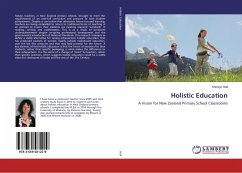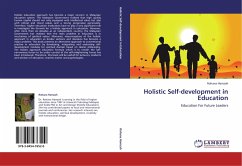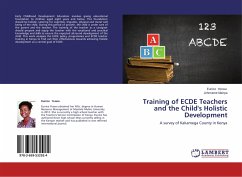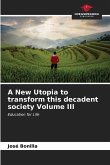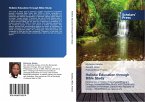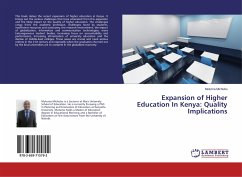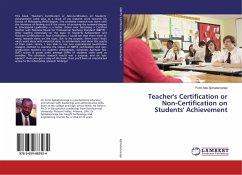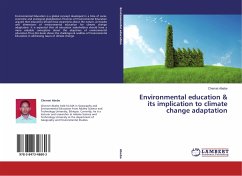Today's teachers, in New Zealand primary schools, struggle to meet the requirements of an over-full curriculum and pressure to raise student achievement. Despite a curriculum that advocates future focused learning, teachers are being compelled to return to traditional forms of teaching in an attempt to ensure their students are meeting required 'standards' in reading, writing and mathematics. This is as a result of persistent underachievement despite on-going professional development and the government's introduction of National Standards. This research attempts to define a viable alternative for raising achievement, holistic education, that has produced pockets of success, mainly outside mainstream education, over the last few centuries and that may hold promise for the future. A key element of this holistic education is that the 'heart' of teachers for their students, rather than specific pedagogy, is what makes the difference to their achievement. It is this sense of a change of 'heart' by teachers, rather than specific practices, which suggests holistic education could be a viable vision for classrooms of today and the rest of the 21st Century.
Bitte wählen Sie Ihr Anliegen aus.
Rechnungen
Retourenschein anfordern
Bestellstatus
Storno

